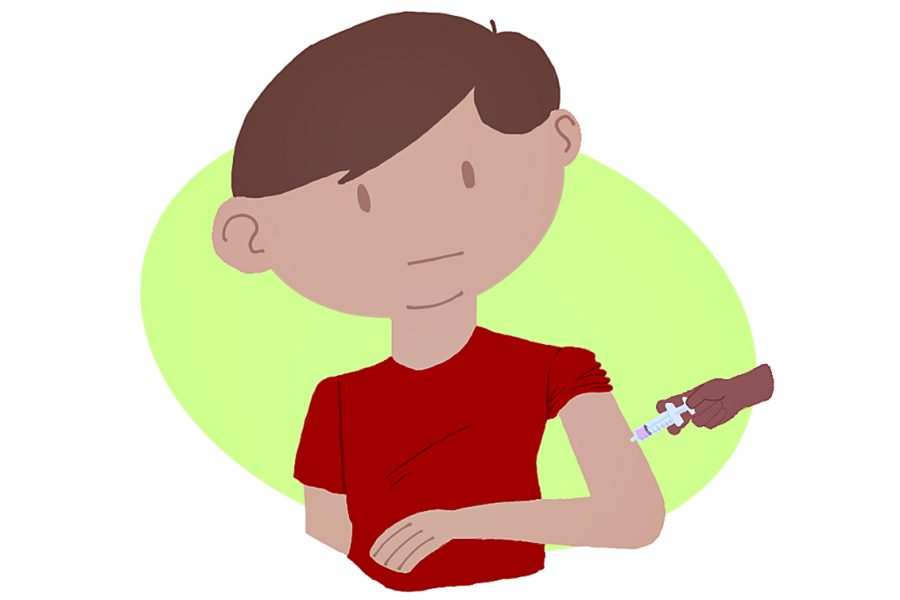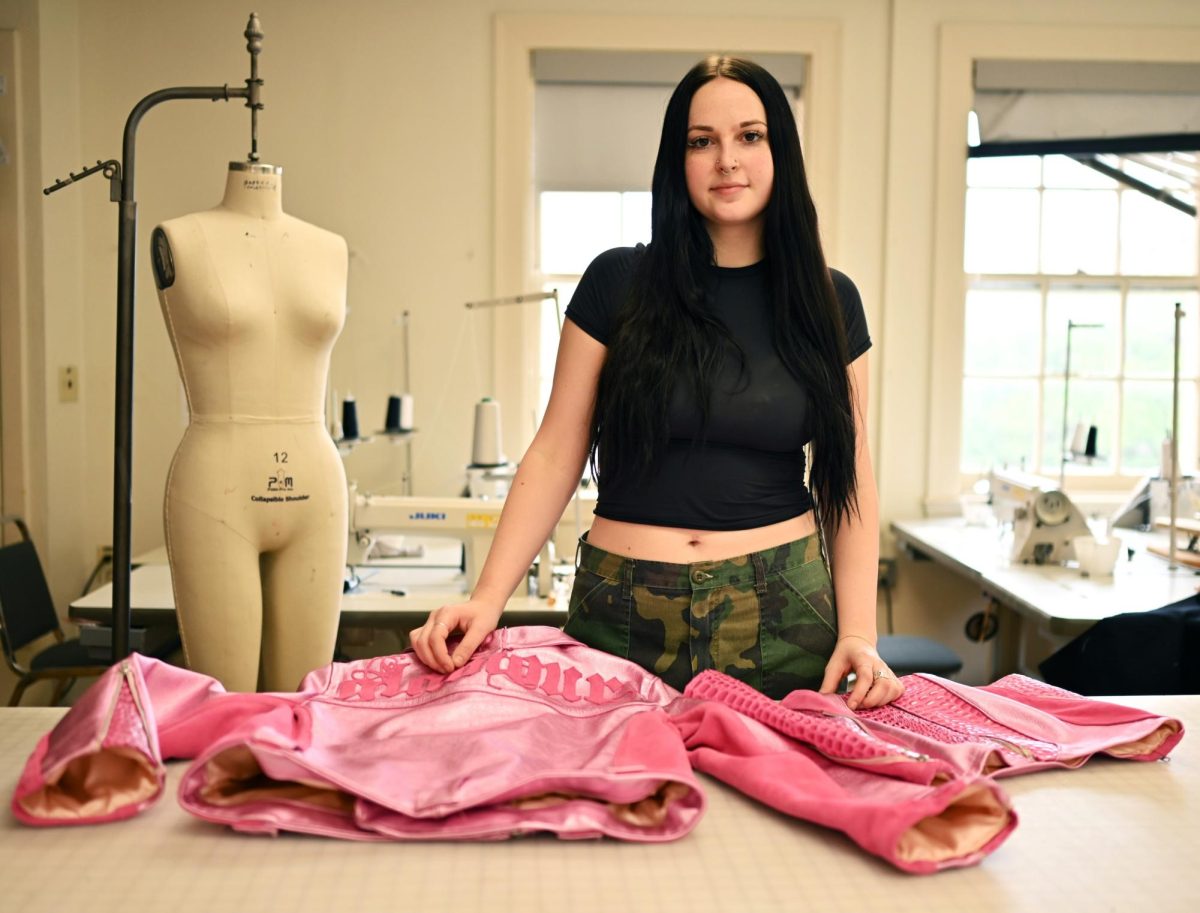Science has debunked many of life’s most important questions, but the question of whether or not to vaccinate America’s youth is one many people, including medical professionals, still struggle to answer.
Vaccinations have been a common conversation topic since their introduction in 1798, with those for and against the practice introducing new ideas each time the debate resurfaces. Amid the recurring discussion, UT students contribute their knowledge and anecdotes to this controversy’s seemingly endless dialogue.
Childhood experiences and family upbringings influence many students’ opinions on early vaccinations, encouraging them to either embrace or discard certain beliefs as adults. Biomedical engineering senior Gabriela Tan said that her mother, an ultrasound technician, saw childhood autism and cancer as God’s way of condemning vaccinations. Tan said she accepted her beliefs until high school.
“(My mom’s beliefs) make me really mad, knowing someone in the medical field can hold onto such dumb ideas,” Tan said. “(It’s) really dangerous for someone who’s supposed to help people (to) not do something that’s better for society.”
Medical professionals generally leave vaccination decisions to the public, a practice that University Health Services interim chief officer Dr. Melinda McMichael upholds. Texas’ Department of State Health Services requires that students receive seven different vaccines before enrolling in grade school or college; only state-approved waivers can defy this rule. While McMichael said she respects decisions concerning vaccinations, she worries that anti-vaccine sentiments might threaten public health.
“People who refuse vaccines don’t remember how it was when little kids went out (and) got bitten by mosquitoes (or) got polio and died,” McMichael said. “(Vaccines are the product of) an incredible amount of progress that has been made.”
Some say leaving this decision in citizens’ hands is too risky. A number of students, such as music studies sophomore Aaron Meyers, say they want the government to mandate childhood vaccinations. Meyers said he sees parental decisions to not vaccinate their child as child abuse and a threat to a community’s herd immunity — a population’s resistance to certain diseases due to high vaccination rates.
“(Children) are at the will of whatever decisions their parents make in their formative years,” Meyers said. “Not providing the vaccine to their children is withholding medical care that is basically modern medicine and can put them at a lot of risks.”
Many student discussions regarding childhood vaccination occur on social media. These arguments reappear online often, reminding Meyers that the debate is far from over.
“I thought that being for vaccines was a pretty popular opinion, but you always see stuff that says, ‘Vaccines do this or that,’” Meyers said.
History sophomore Frances Garnett said she sees the debate’s redundancies as an opportunity for citizens to educate themselves on the complicated subject matter, something that she herself has taken advantage of.
“I’ll Google everything there is to know about controversies,” Garnett said. “It’s good that (the vaccination) debate gets recognized, so that people themselves can get educated about it and ask their doctors.”
Self-education may fail to curb common misconceptions regarding vaccinations, an issue Meyers hopes medical professionals will change.
“More scientific conversations with these parents, who probably have very little knowledge about modern medicine, (are needed),” Meyers said. “The way we do vaccines has changed so much in the past 60 years. I just think that sort of education at the doctor’s office is necessary.”















